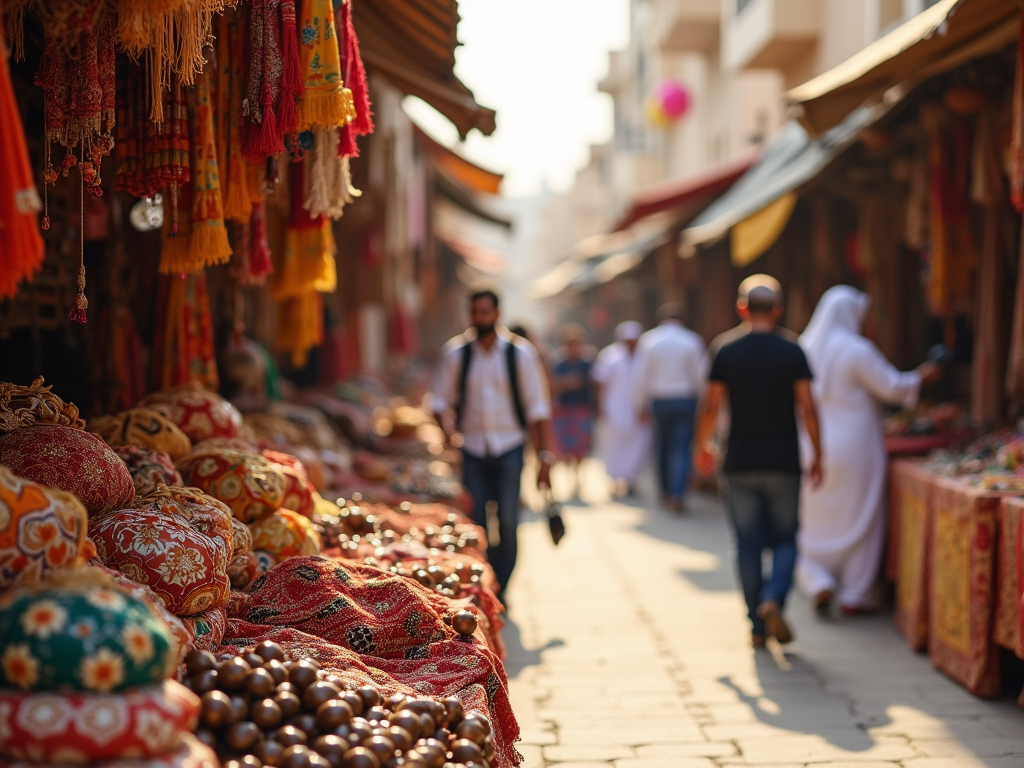Dubai stands out as a premier hub for international trade operations due to its strategic location, robust infrastructure, business-friendly policies, and diverse economy. Nestled at the crossroads of Europe, Asia, and Africa, it offers unparalleled access to global markets. This article explores the key factors that contribute to Dubai’s status as the best location for international trade, providing insights into logistics, economic stability, and its business ecosystem.
Strategic Geographic Location

One of the foremost reasons Dubai excels in international trade operations is its strategic geographic position. Located along major shipping routes, Dubai serves as a gateway between East and West. Its proximity to growing markets in Asia, the Middle East, and Africa positions it as an attractive location for businesses looking to establish a global presence. For instance, Dubai’s port is one of the busiest in the world, making it an ideal hub for import and export activities. Furthermore, the city is home to the Dubai International Airport, which is one of the busiest in terms of international passenger traffic and cargo movements. This allows for efficient logistics and timely delivery of goods, which is crucial for businesses involved in international trade.
World-Class Infrastructure

Dubai boasts an extensive and high-quality infrastructure that significantly enhances its capabilities as a trade hub. The emirate has invested heavily in developing its transportation, communication, and logistics frameworks, facilitating smooth business operations. Key infrastructural elements include:
- Advanced Road Networks: A comprehensive and well-maintained road system provides easy access to various parts of the city and beyond.
- Modern Shipping Ports: Ports such as Jebel Ali offer state-of-the-art facilities for handling large volumes of cargo efficiently.
- High-Capacity Airports: Dubai International Airport and Al Maktoum International Airport are equipped to handle substantial air traffic, ensuring rapid transit of goods.
- Free Trade Zones: Numerous free zones are designated for various industries, providing incentives such as tax exemptions and 100% foreign ownership.
This world-class infrastructure not only reduces operational costs for businesses but also enhances their competitiveness in the global market.
Business-Friendly Environment
Dubai’s government has implemented several initiatives aimed at fostering a business-friendly environment. These initiatives include tax incentives, simplified regulatory frameworks, and streamlined business registration processes. The absence of personal income tax and a low corporate tax rate are highly attractive to international businesses. Additionally, Dubai offers special economic zones where companies can operate with fewer restrictions and enjoy various benefits. The city’s pro-business policies are complemented by its commitment to innovation and technological advancement, making it an ideal location for startups and multinational corporations alike. Furthermore, Dubai has a strong support system for foreign investors, providing consultancy services to assist in navigating local market dynamics.
Dubai’s economy is one of the most diversified in the Gulf region, moving away from its historical dependence on oil revenues. The emirate’s focus on sectors such as tourism, trade, logistics, real estate, and finance creates numerous opportunities for international businesses. This diversification not only ensures economic stability but also reduces risks associated with market volatility. Moreover, Dubai annually hosts various international trade fairs and exhibitions, bringing together business leaders from around the globe to showcase products, share knowledge, and explore collaboration opportunities. This vibrant business ecosystem allows companies to connect and expand their networks globally, further solidifying Dubai’s position as a leading trade hub.
Conclusion
In summary, Dubai’s strategic location, world-class infrastructure, business-friendly environment, and diverse economy make it the prime location for international trade operations. Its continued investment in infrastructure and commitment to fostering a supportive business ecosystem solidify its status as a global trade center. Businesses looking to expand into international markets will find Dubai to be an invaluable location with numerous opportunities for success.
Frequently Asked Questions
1. What industries thrive in Dubai for international trade?
Dubai has thriving industries in tourism, real estate, logistics, finance, and retail. These sectors are supported by a diverse economy aimed at innovation and sustainability.
2. How does Dubai benefit from its free trade zones?
Free trade zones in Dubai allow businesses to operate with 100% foreign ownership, minimal taxes, and fewer regulations, making it easier for international companies to set up operations.
3. What are the advantages of doing business in Dubai?
Advantages include no personal income tax, a supportive government, excellent logistics infrastructure, and a thriving business ecosystem that encourages networking and collaborations.
4. Can foreign companies easily establish a presence in Dubai?
Yes, foreign companies can easily establish a presence in Dubai through straightforward registration processes and various incentives offered by the government.
5. How does Dubai’s infrastructure support international trade?
Dubai’s advanced road networks, modern shipping ports, and high-capacity airports facilitate smooth logistics, reducing transportation costs and ensuring timely delivery of goods.
Leave a Reply